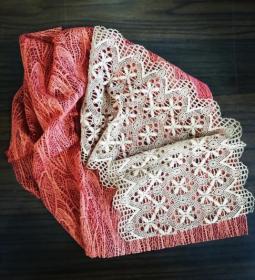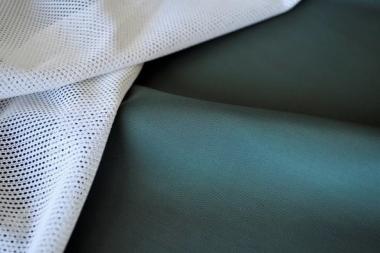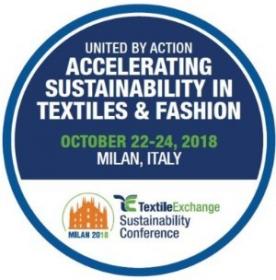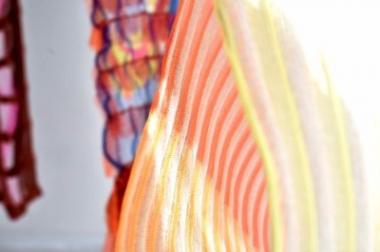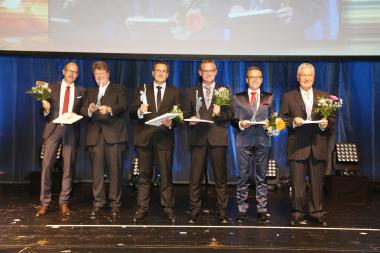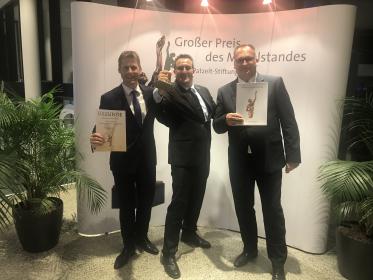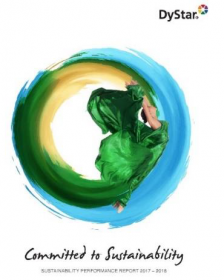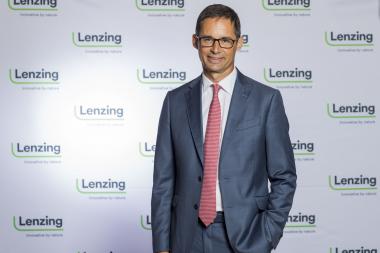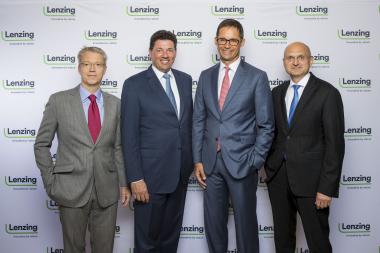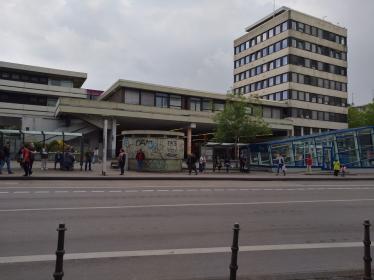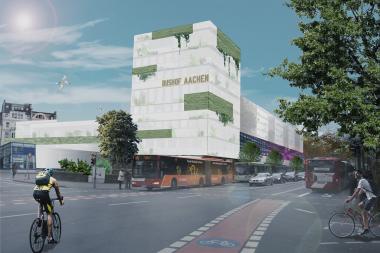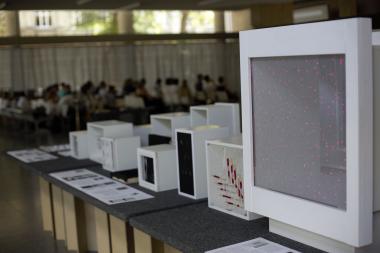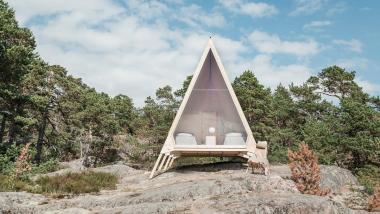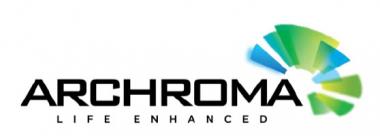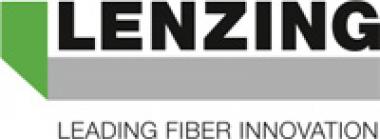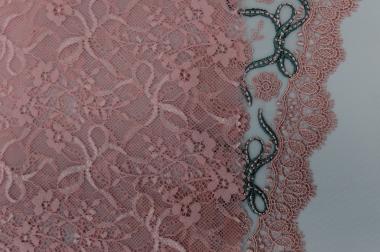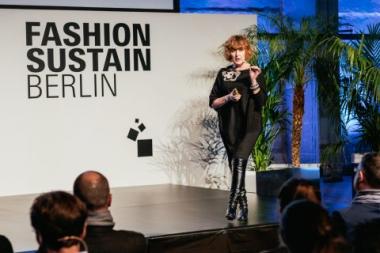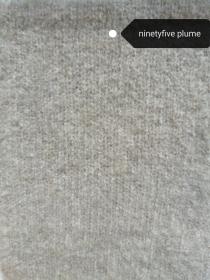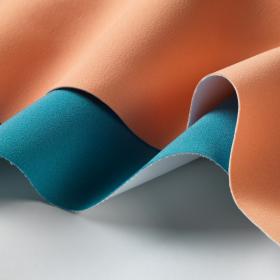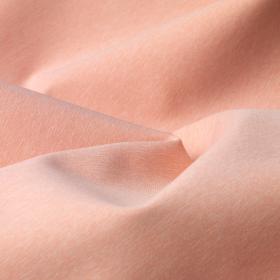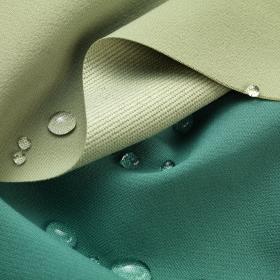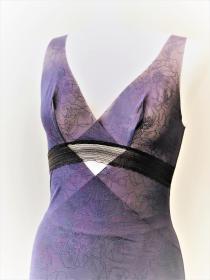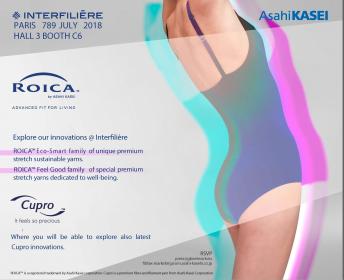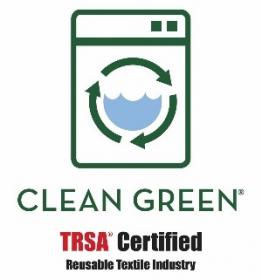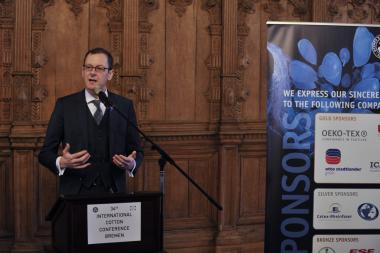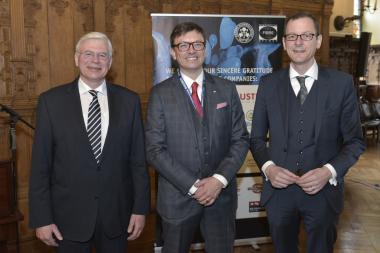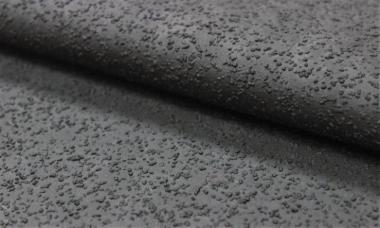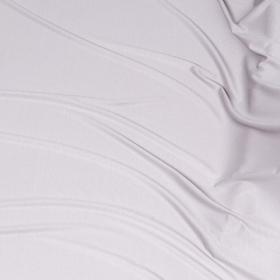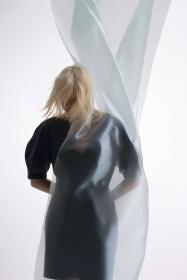ROICA™ Partners Showcase ROICA Eco-Smart™ family at MarediModa, the Trade Fair dedicated to Beachwear Fabrics and Accessories
November 6th through 8th at MarediModa, gain insight into ROICA™ premium partners as they showcase their latest collections. A wide-range of offerings that include innovations using ROICA™ Eco-Smart™ family, the responsible choice. The premium stretch fiber, produced by Asahi Kasei, innovations that meet contemporary business needs and consumer desires for garments in the modern wardrobe; fashion, athleisure, sportswear, intimates and swimwear.
Asahi Kasei, recognized for responsible smart innovations offers the ROICA Eco Smart™ family, the range of the world's first responsibly made premium stretch fibers which includes ROICA™ smart yarns that offer sustainable solutions with impressive certifications: Global Recycled Standard (GRS) certified by Textile Exchange - ROICA™ EF constructed with more than 50% pre-consumer recycled content. Cradle to Cradle Certified™ Gold Level for Material Health product and ingredients - ROICA™ V550 yarn evaluated throughout the supply chain for lower impacts on human and environmental health. Striving toward eliminating all toxic and unidentified chemicals for a safe continuous cycle. Hohenstein Environment Compatibility Certificate - ROICA™ proudly breaks down without releasing harmful substances.


